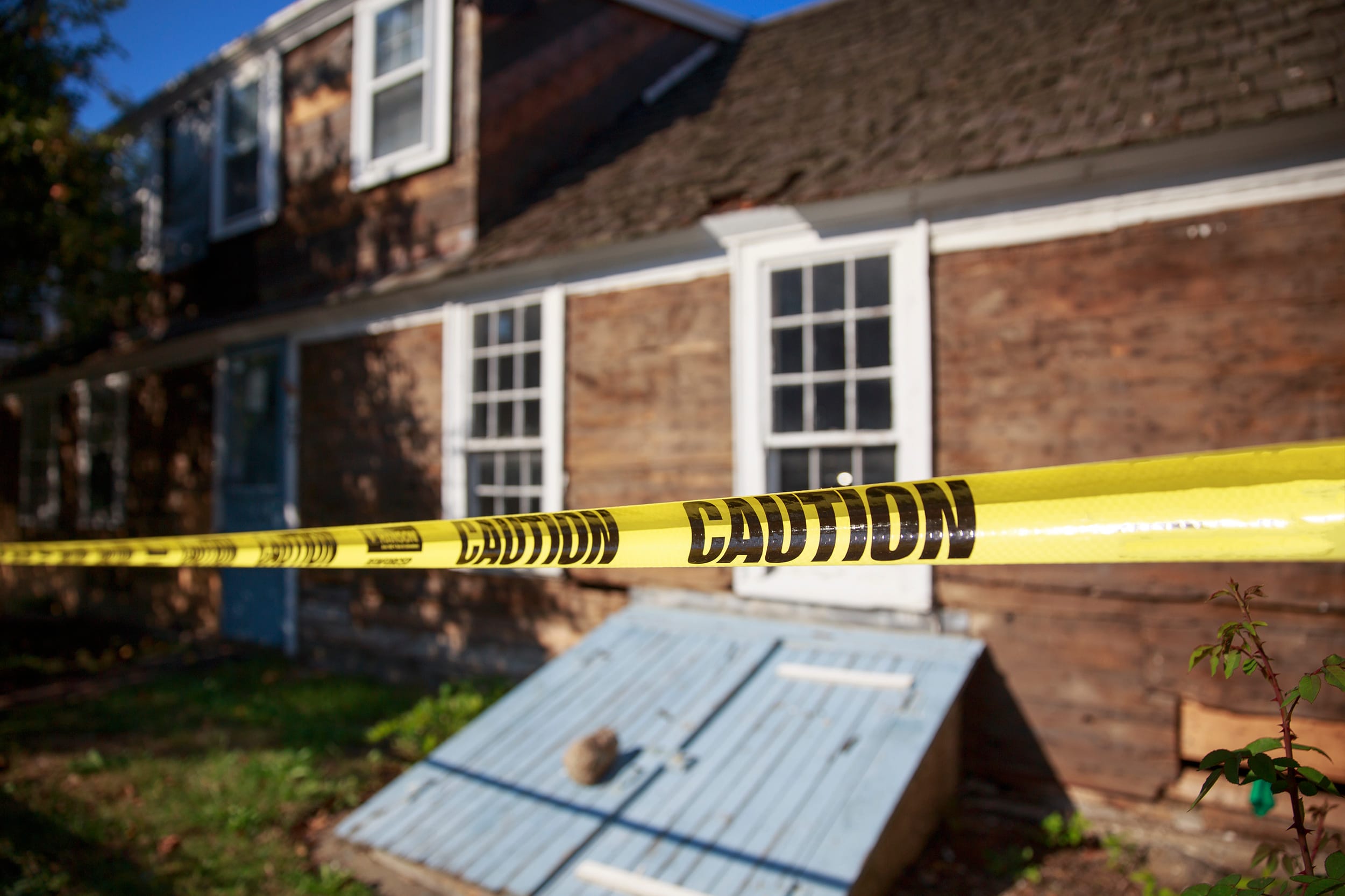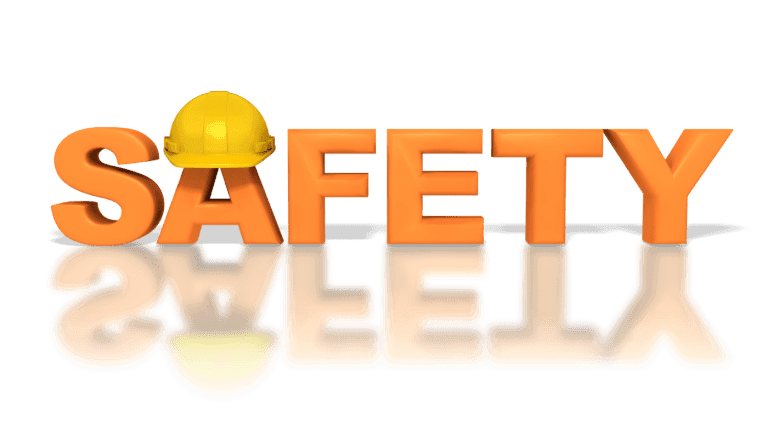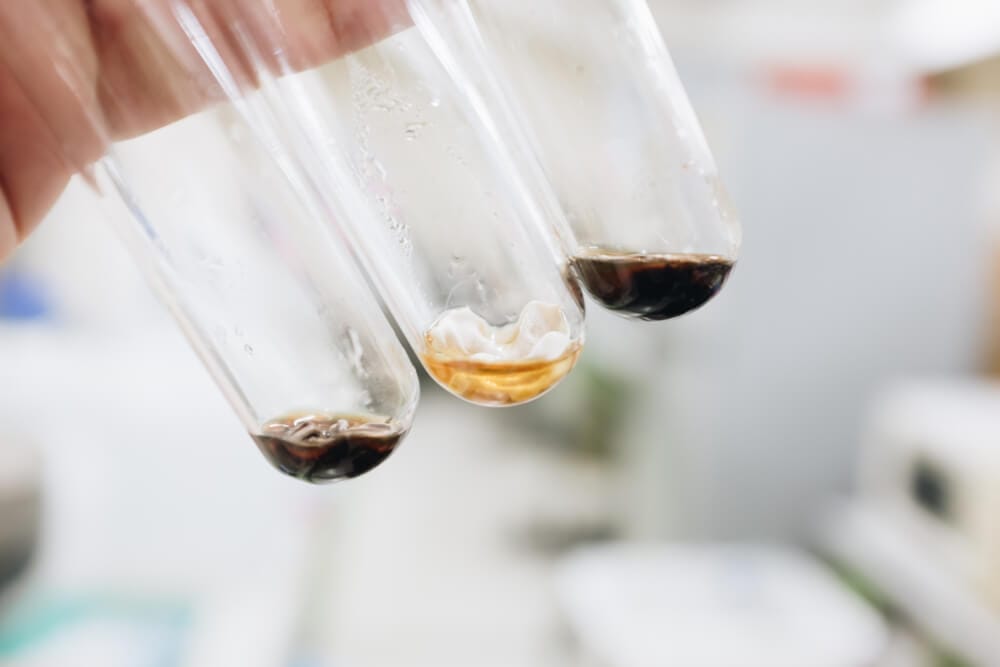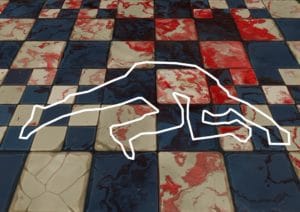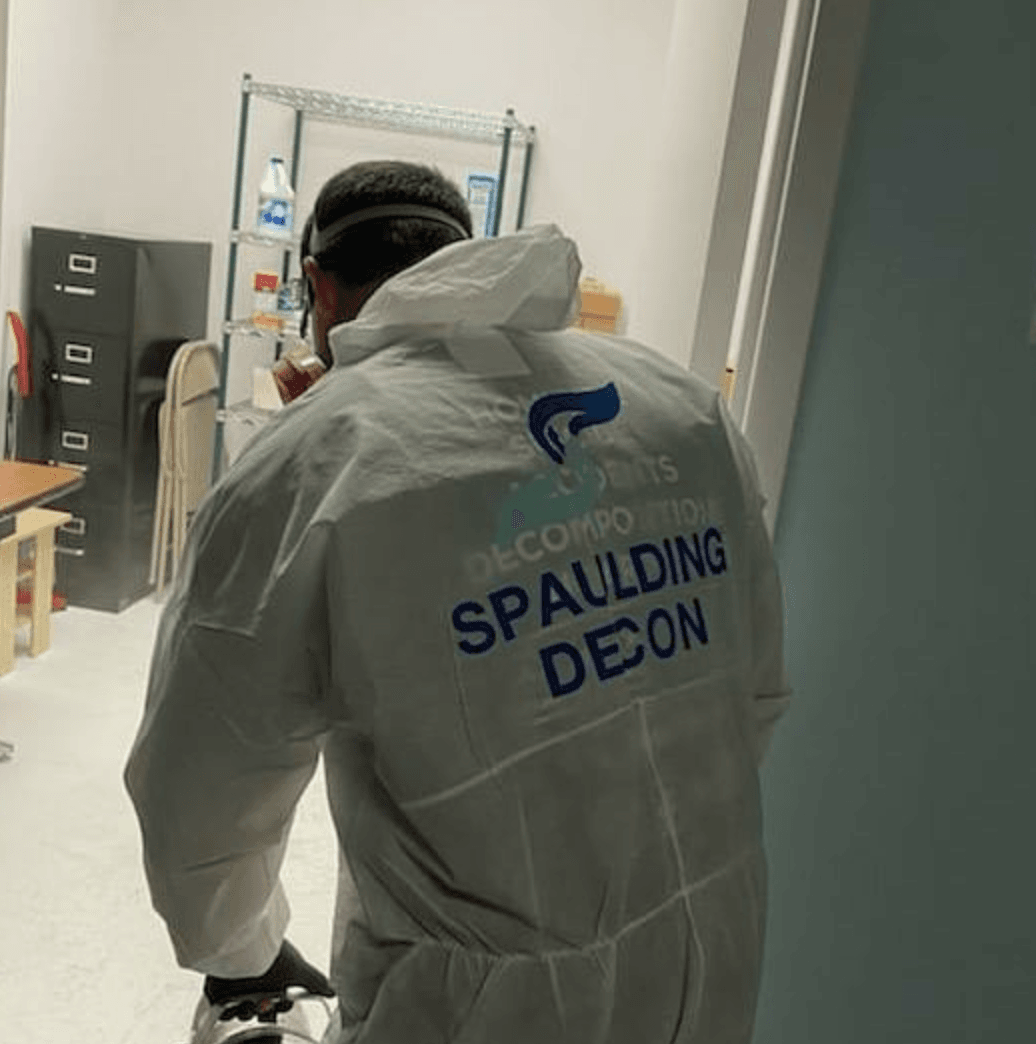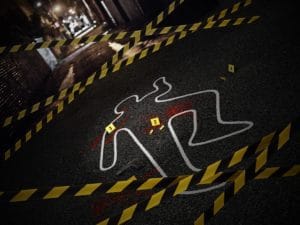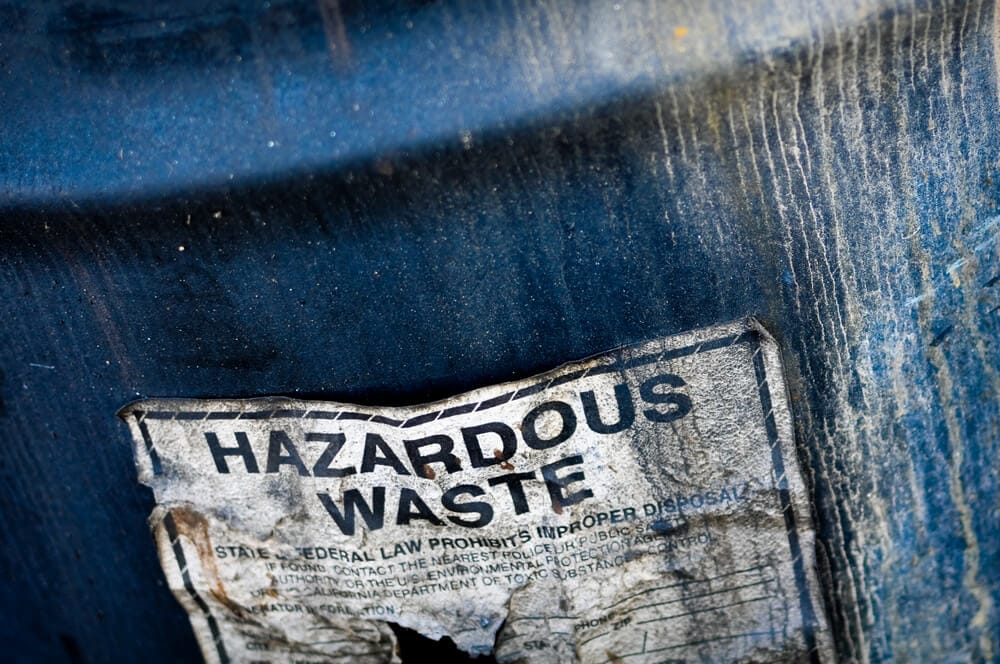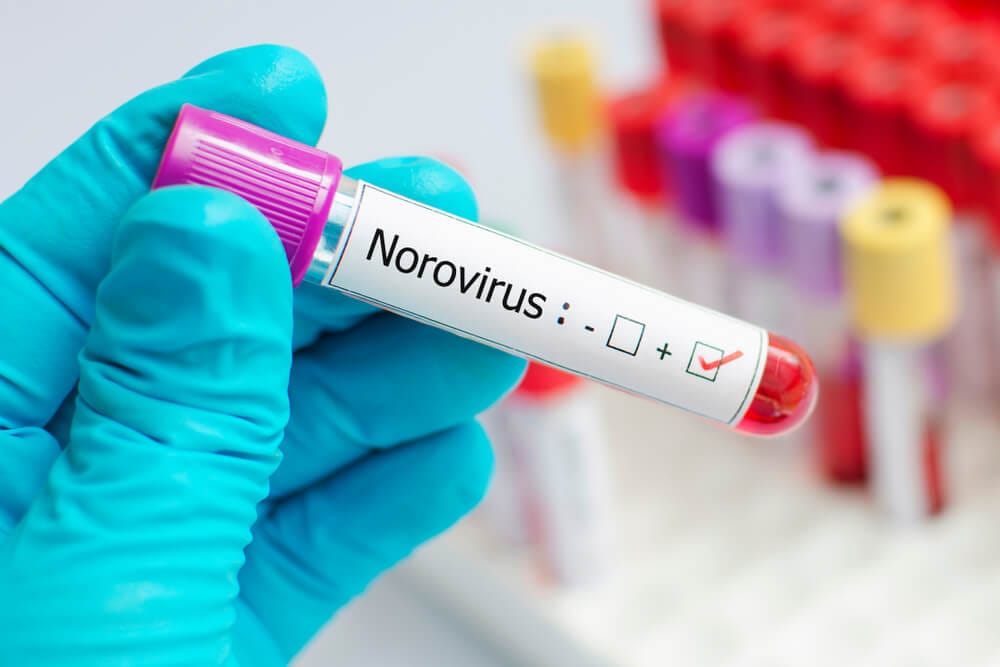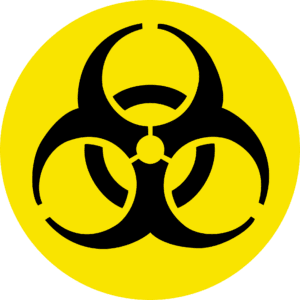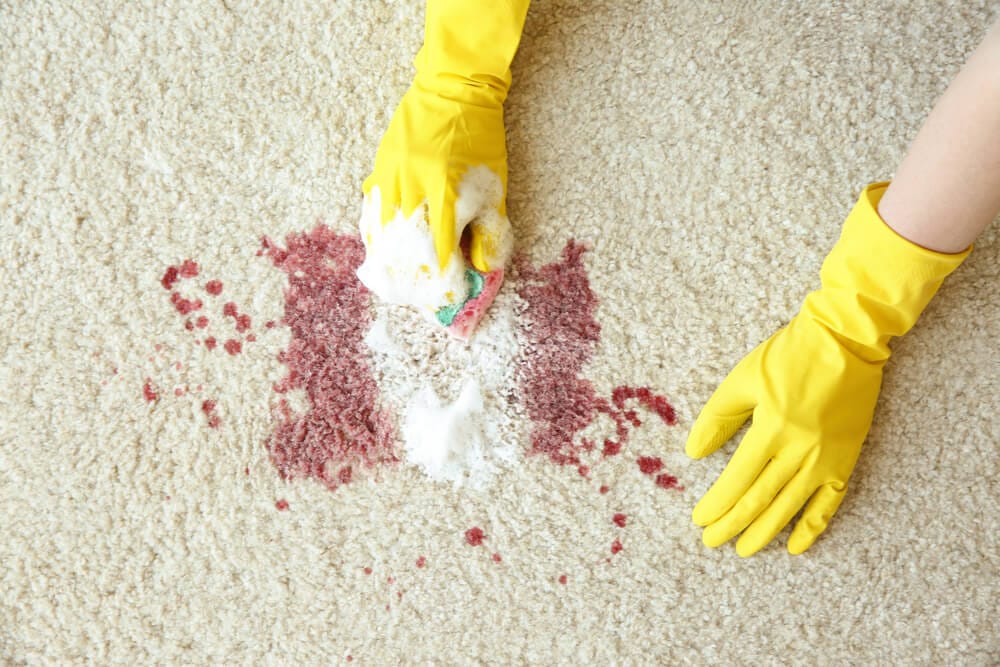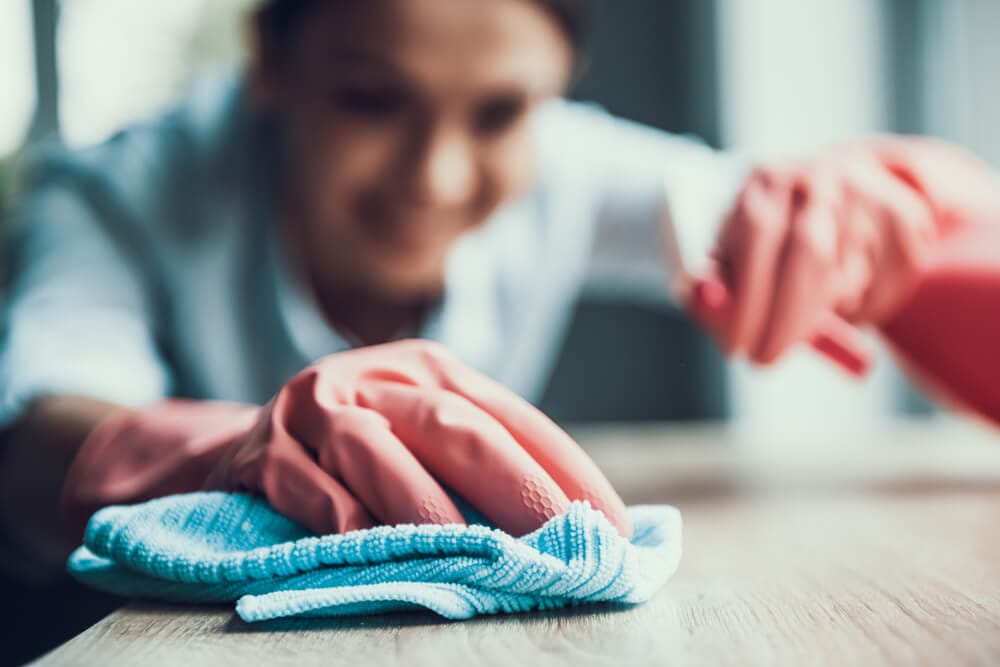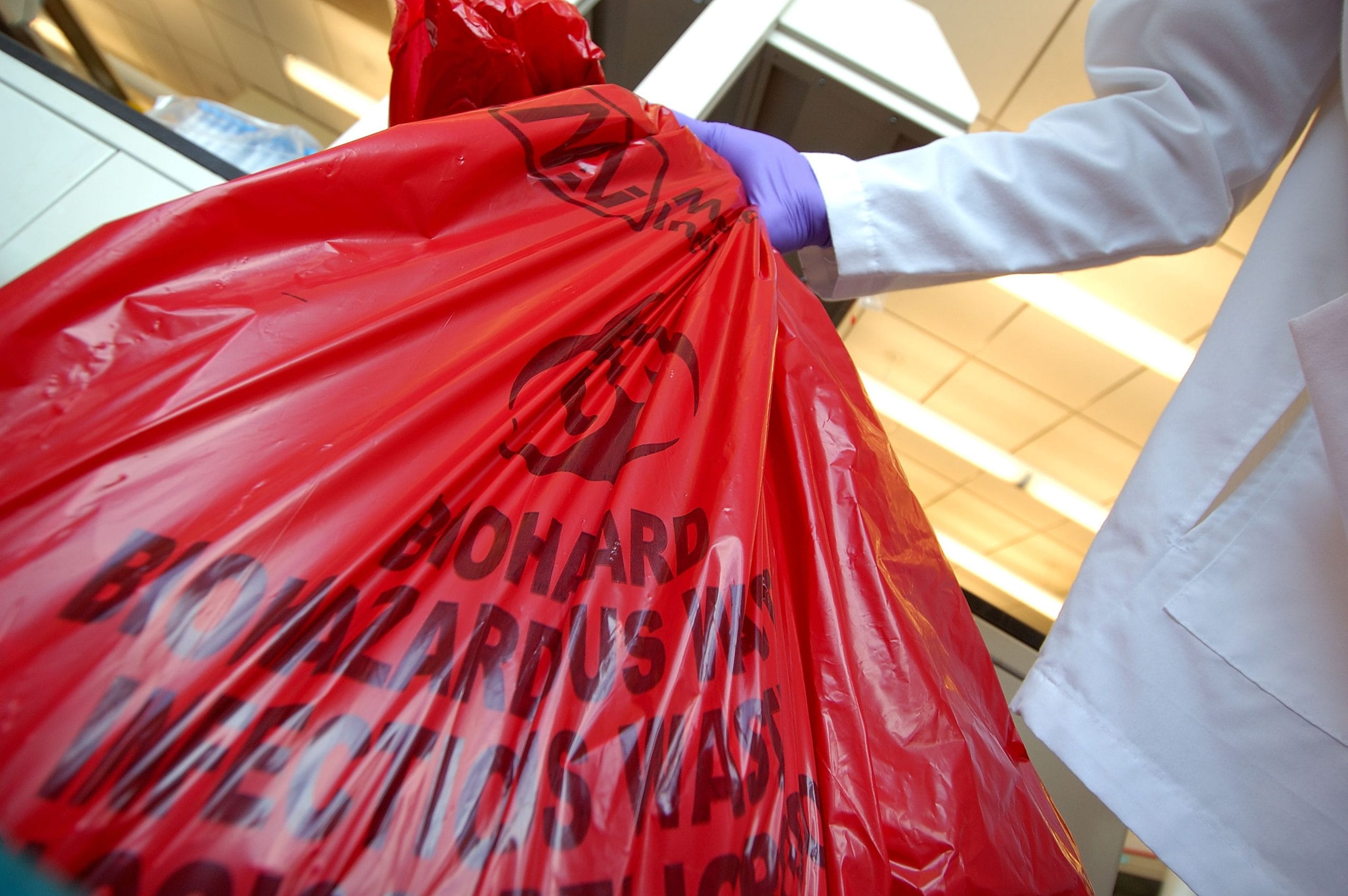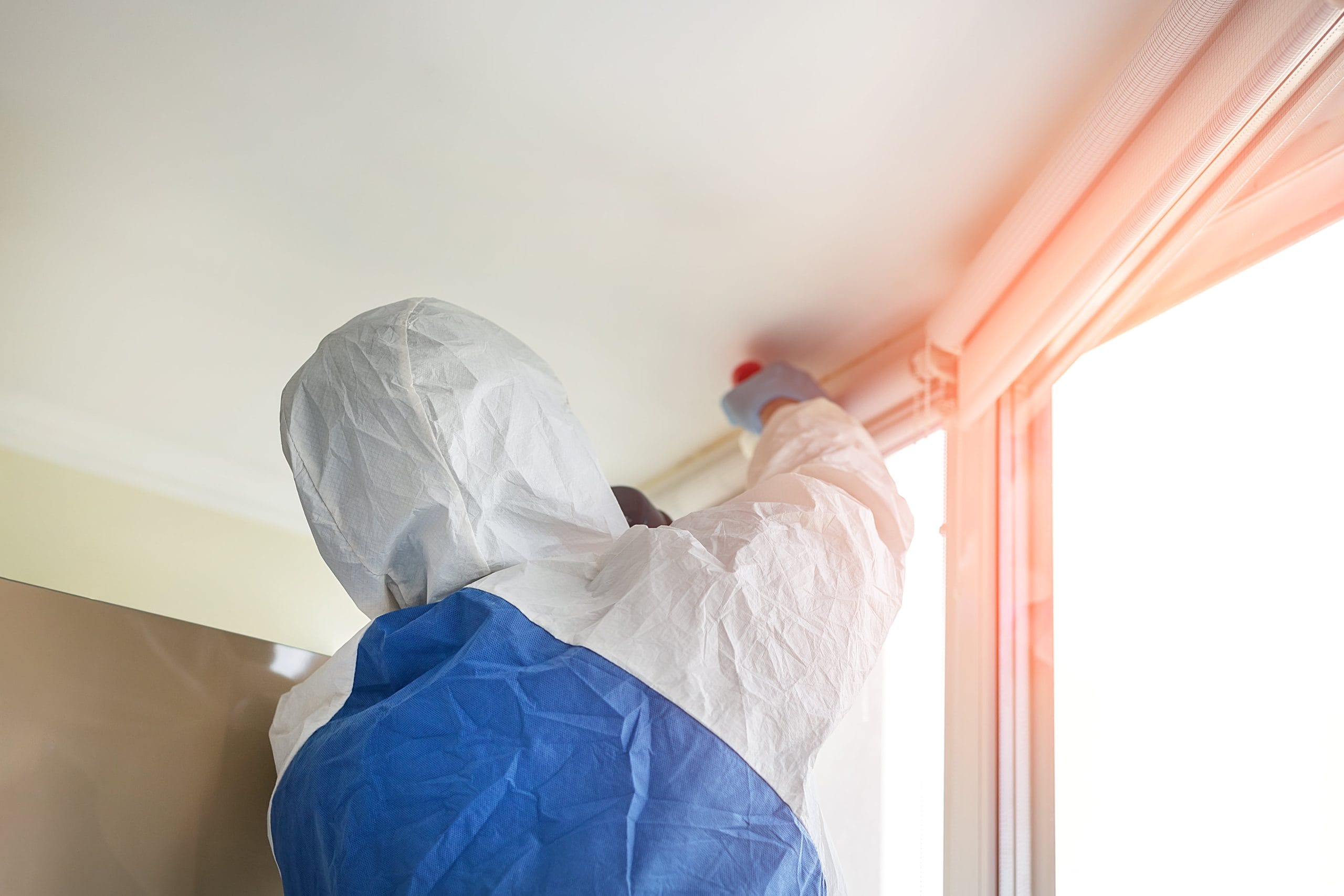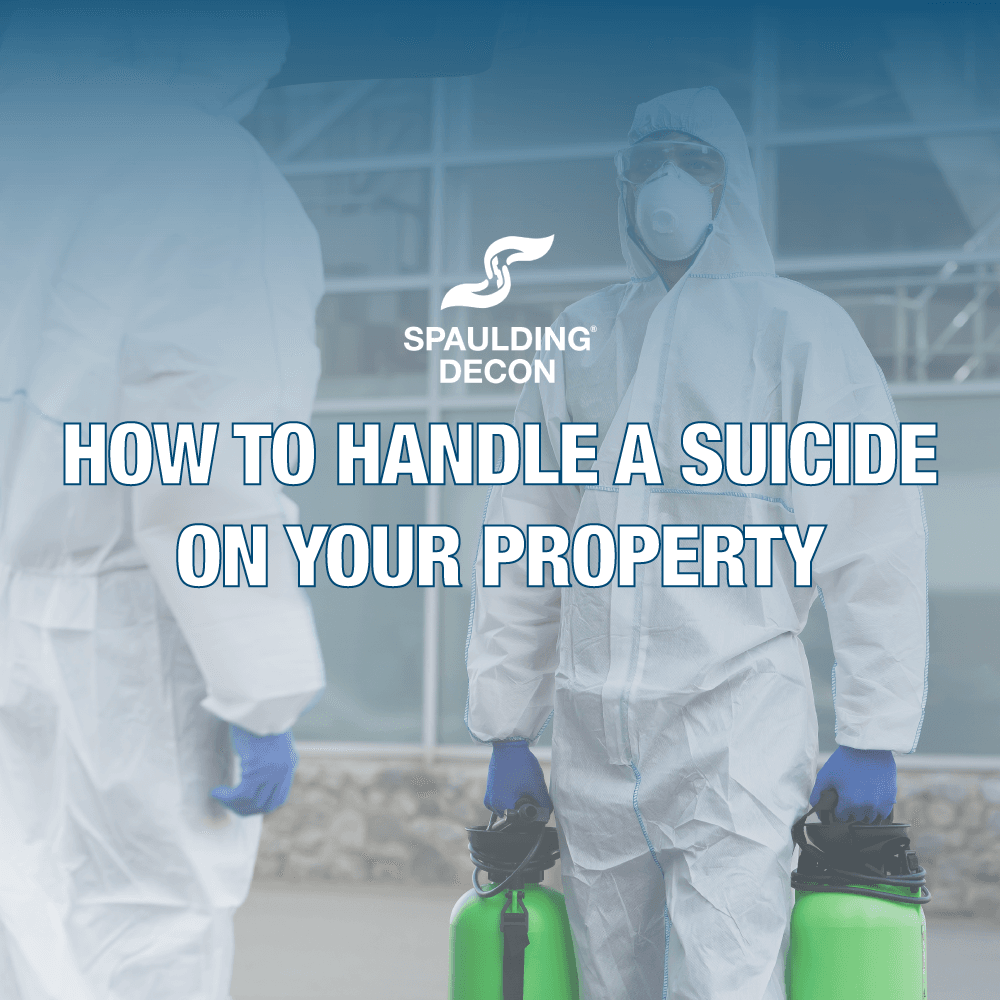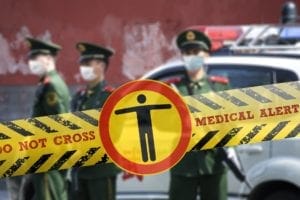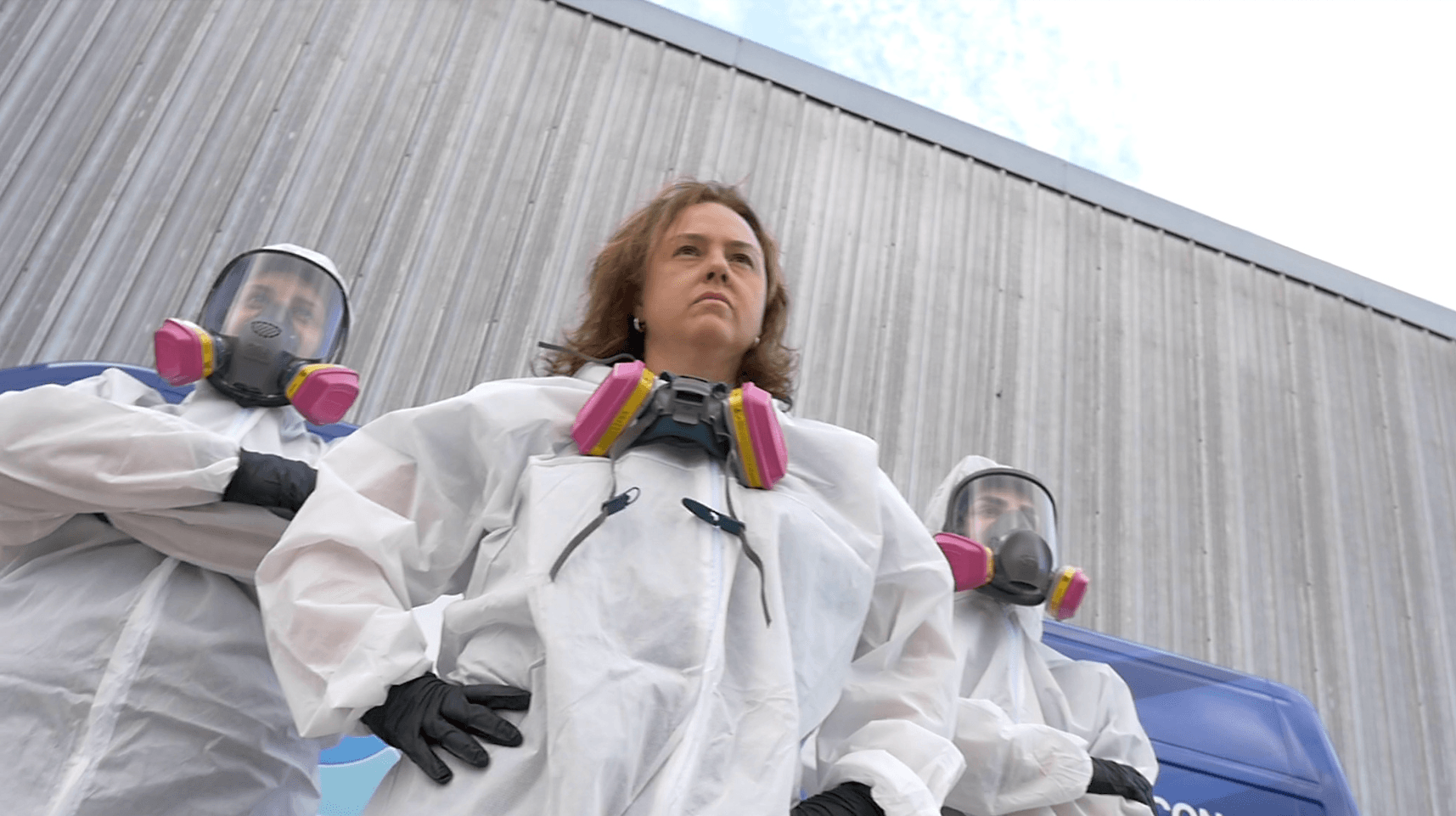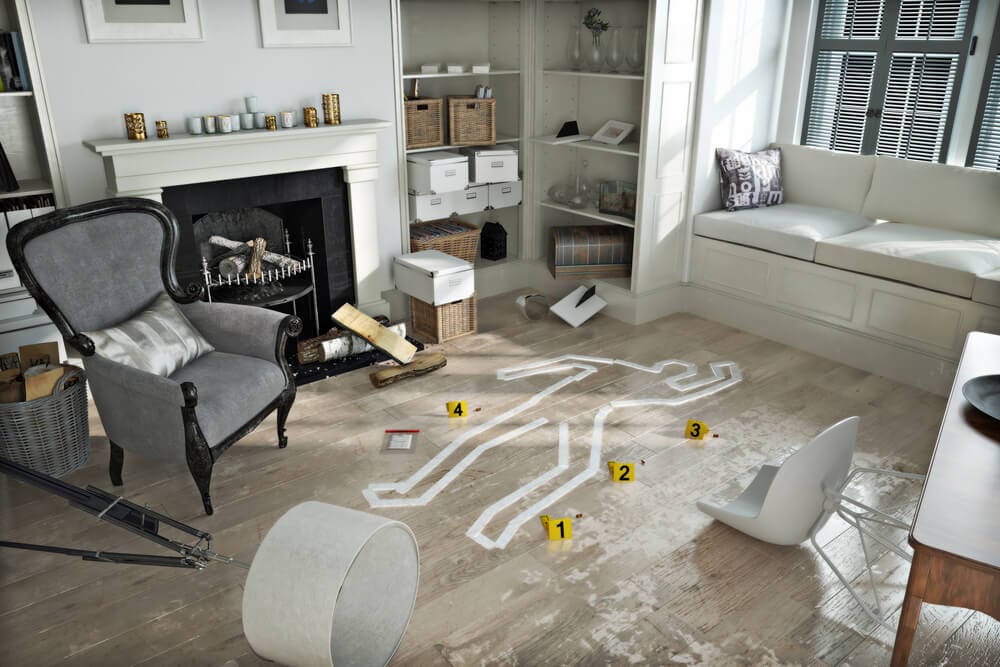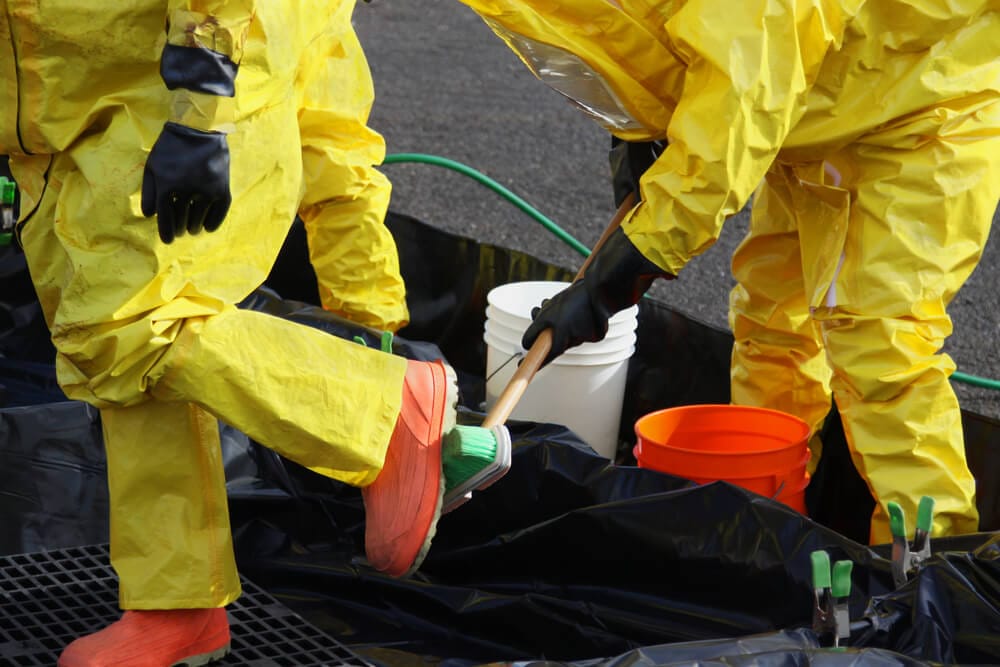Category: Biohazard / Crime Scene
- Biohazard / Crime Scene
- Decontamination
- Drug lab cleanup
- Hoarding Cleanup
- Mold Removal
- News and Updates
- Rodent Infestations
- Tear Gas Cleanup
- Water Damage

What to do After an Unattended Death
Discovering the unattended death of a loved one is an emotional and involved process that should be handled by professionals. It’s important to contact first responders and not attempt to clean the area due to harmful chemicals and bacteria released during decomposition. Biohazard remediation companies like Spaulding Decon are trained to clean blood-borne pathogens and…

Workplace Safety and How to Avoid a Tragic Accident
Workplace safety is crucial in industrial settings to avoid tragic accidents. Spaulding Decon, a company specializing in industrial cleanup and decontamination, shares its top 5 safety tips to help prevent accidents. These include educating employees on safety policies, providing proper personal protective equipment (PPE), having a response plan in case of accidents, inspecting equipment and…

What is Bioremediation? Types and Examples
Bioremediation is the process of using biological microorganisms to breakdown hazardous materials and substances into less toxic or nontoxic products. There are several branches of bioremediation, including contaminated soil, oil spill cleanup, and crime scene cleanup. Bioremediation is an effective and cost-effective method for cleaning up pollutants and contaminants. Spaulding Decon is a leader in…

What Are the Requirements for Crime Scene Cleanup Companies?
Crime scene cleanup is a specialized profession that involves containing and disposing of hazardous biological waste, as well as cleaning and disinfecting crime scenes. Crime scene cleanup companies require employees to undergo specialized certification programs and training, including certifications and permits for transporting and disposing of biological waste. Employees must also undergo background checks and…

What Are the Stages of Decomposition?
Decomposition is a natural process that occurs after death and happens in four stages: autolysis, bloat, active decay, and skeletonization. Each stage is characterized by specific changes in the body, including the release of gases and fluids, skin discoloration, and stiffness of muscles. Decomposition is a dangerous process for those who remain behind due to…

What Do I Do If I Cannot Afford Biohazard Clean Up in my Home?
Biohazard clean up costs can be expensive, but it is important to handle biohazard situations properly to protect yourself and others from harm. There are different types of biohazards, and some require professional help due to their high risk levels. If you decide to do biohazard cleanup yourself, it is important to use proper PPE…

Types of PPE: Why Crime Scene Cleaners Need Hazmat Suits
Crime scene cleaners encounter a variety of biohazardous materials, including infectious diseases, blood, and bad odors. Personal protective equipment (PPE) is necessary to prevent contamination and exposure to health risks. The four main types of PPE used by crime scene cleaners are chemical spill boots, protective suits, disposable non-porous gloves, and face masks. Chemical spill…

Unattended Death Investigation Process
Unattended deaths can be suspicious when foul play is suspected, and law enforcement will use forensic science and investigation techniques to determine the cause and time of death, as well as potential suspects. The first steps in finding an unattended death are crucial, including calling the police, moving away from the area, and securing the…

4 Types of Hazardous Waste and How to Handle it Properly
Hazardous waste produced by businesses must be managed and disposed of properly in accordance with federal laws and regulations. There are different types of hazardous waste, including listed waste (categorized into F-list, K-list, P-list, and U-list), non-listed waste or characteristic waste (exhibiting hazardous characteristics specified by the EPA), mixed waste (containing both hazardous and radioactive…

Is Vomit Considered a Biohazard?
Biohazardous fluids are any biological or chemical substances that may jeopardize the wellbeing of humans, animals, or the environment. Vomit is considered a biohazardous fluid because it can carry hazardous pathogens that can rapidly contaminate surfaces and the air. The most common diseases transmitted via vomit are Salmonella, Typhoid, Hepatitis A, Hepatitis B, Varicella, and…

Is Urine a Biohazard? What Situations Require Biohazard Cleaning?
Urine and feces are both categorized as bodily fluids and are considered biohazards due to the presence of bacteria, viruses, and toxins. Consuming or coming in contact with human waste can cause serious health risks such as norovirus, dehydration, and parasitic infections. When cleaning up urine and feces, it is important to wear gloves and…

How to Properly Clean Up Blood? 10 Step Procedure
Blood spills should be taken seriously and cleaned up properly to avoid exposure to biohazards. The 10-step blood spill cleanup procedure includes using protective equipment, eliminating potential dangers, soaking up the spill with towels, applying a disinfectant, scrubbing the area, disposing of equipment and waste properly, decontaminating the area and equipment, checking for contamination, washing…

How to Become a Crime Scene Cleaner
Crime scene cleanup is a challenging and demanding job that requires physical and mental strength, attention to detail, availability, and readiness to learn. Crime scene cleaners are responsible for cleaning up and decontaminating areas where accidents occurred, and they must be trained to protect themselves from the various hazards involved in the job. Previous experience,…

How to Clean Up Blood
Blood cleanup can be dangerous if proper safety precautions are not taken. This step-by-step guide covers everything you need to know about cleaning up blood, from safety precautions to effective cleaning methods. Wear personal protective equipment, ventilate the area, and cover any open wounds before starting. Remove any solid material and excess blood, then clean…

Why Hiring a Professional Biohazard Cleanup Company Is Important
Biohazard cleaning involves cleaning environments contaminated with biohazard materials like blood, bodily fluids, and toxins. Hiring a professional cleanup company is essential as they have safety equipment, proper training in handling and disposal, and compatibility with insurance companies. It saves time and money, and safety is the top priority. Biohazard cleaning crews handle crime scenes,…

How to Handle a Suicide on your Property
Suicide cleanup or biohazard cleanup involves safely cleaning biohazardous waste, which can include infectious, radioactive, flammable, toxic, corrosive, and reactive materials. If someone commits suicide or there is an unattended death on your property, you need to call the police and decide whether to hire an expert for cleanup or do it yourself with protective…

Does Insurance Cover Biohazard Cleanup?
Biohazard cleanup services are necessary in situations where violent crimes, suicides, drug labs, hoarding, or accidental deaths have occurred. Attempting to clean these scenes yourself can be extremely dangerous and should be left to professional biohazard and remediation companies. Most major homeowners, business, or auto insurance policies cover the costs of crime cleanup or remediation…

Effects of Suicide on Family: What Happens After?
Suicide can have a devastating impact on the family members of the deceased. The police are not responsible for the cleanup of the scene, and it is recommended to hire a professional cleanup crew due to the specialized chemicals and cleaning solutions they use, as well as their training and experience. Personal belongings of the…

Crime Scene Cleaning Training – What It’s All About
Crime scene cleaning is a unique career that involves cleaning up bodily fluids and other biohazards after a crime scene has been investigated and released by authorities. While most people associate crime scene cleaning with major crime scenes, the majority of cleanups are the result of unattended natural deaths or suicides. Many professionals in this…

How Much Does Crime Scene Cleanup Cost?
Crime scene cleanups can cost more than standard restoration cleanups after a flood or fire, but most homeowner insurance policies should cover the majority of the expenses. The cost of a crime scene cleanup depends on several factors, including the number of rooms affected, type of flooring, sub-flooring, drywall, odor removal, air treatment, and more.…

Crime Scene Cleaning Business: All You Need to Know
Crime scene cleaning is a demanding and specialized industry that requires compassion, education and training, meticulous attention to detail, integrity and trust, and flexible working hours. Crime scene cleanup certification may be required in some states before obtaining a license. Protective gear, such as biohazard suits, gloves, masks, and respirators, is essential when cleaning up…

